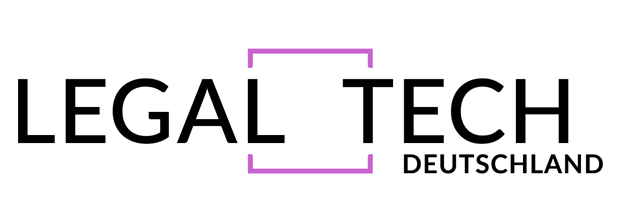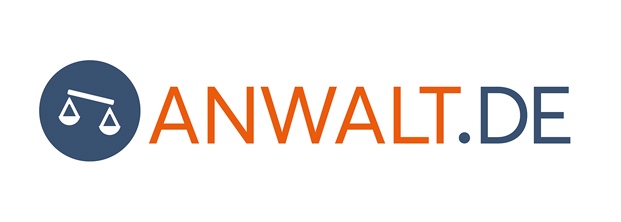A number of countries are trying to digitize their employment contracts - and Germany is among them. It is making strides towards modernization and is aiming to significantly reduce bureaucracy. You will no longer need to deal with paper-based employment contracts. These contracts can be issued digitally, making the entire process a lot smoother. Keep reading to learn more about the new digital employment contracts in Germany.
What is a Digital Employment Contract in Germany?
The Federal Council approved the BEG IV on the 18th of October 2024. In addition to other elements, the Bureaucracy Relief Act includes the Evidence Act. Thanks to this legislation, employers in Germany can now adjust their employment contracts and age limit agreements in (digital) text form. This can easily be done via email. Some of the key changes you can expect with these contracts include the following:
- All the essential contractual conditions will be documented electronically.
- The permitted text form is emails (note that the parties don't need qualified signatures).
- The digital employment contracts should be accessible, saveable, and printable by the employees.
- The employers need to ask the employees for proof of receipt upon transmission.
- If an employee expressly requests written proof of employment conditions, the employer must send it on paper.
- Any changes to employment terms and conditions (Ts & Cs) should also be made in text form. It is worth noting that the simplifications don't apply to employees who work in a branch of industry that is at risk of illegal employment.
What's the Age-Limit Agreement in the New Digital Employment Contract?
The digital employment contract also covers age limits, particularly regarding the termination of the employment relationship when the employee gains statutory retirement. The legislation requires employers to specify these agreements in writing.
The new Employment Act allows employees to make this agreement in text form. That said, all other forms of fixed-term contracts will require the written form.
The proposed working papers will also provide for an amendment to the Temporary Employment Act. In this case, the text form will be sufficient for a transfer between the hirer and the lender in question. The advantage here is that there will be very little paperwork to deal with.
The next step in this legislation is its finalization and publication. When this happens, the new rules will apply from the first day of 2025.
The Summary of the Digital Employment Contract Act
The new digital employment contract covers a wide range of issues within the labor law. However, a few things stand out, as you can see in the following sections.
The Clear Shift to Digital
No one likes dealing with a lot of paperwork. That's why the new legislation conveniently allows contracts to be issued digitally. This makes the entire process easier for both the employer and employees.
Legal Implications Involved
As you would expect, this new legislation has legal implications. With it, all digital employment contracts will be of equal value to the paper options. In other words, they'll be treated just like traditional contracts in a court of law.
Enhanced Flexibility
Flexibility is another benefit you'll enjoy with the new digital employment contracts. The contracts are accessible and easy to sign without having to meet physically. The involved parties can simply sign the documents online.
A Huge Benefit to Businesses
Anyone who's tried running a business can confirm that this is not an easy task. It involves a lot of elements, and one of the hardest is hiring employees. Businesses that operate remotely will especially find the hiring process can be hectic. With the new labor law regarding digital contracts, such companies won't have to get the staff members to sign the employment papers, they won't even need to write anything by hand. With online contracts, companies can reduce their administrative budgets, savings charges, and other expenses associated with physical meetups. They can easily improve efficiency without over-stretching their time and resources.
Better Satisfaction for Employees
Employers have to prioritize the happiness and motivation of their employees. You can always expect satisfied employees to put their best foot forward for the company, meaning they'll be a lot more productive. The new digital employment contract allows for flexible employment terms and gives employees a sense of security. Employers and employees can also adjust the terms of their contracts without a lot of trouble. Satisfied employees will help you stand out from the competition.
Does the Digital Employment Contract Fight Bureaucracy?
Germany is initiating a turnaround in bureaucracy burnout. The goal of this new labor law initiative is to have less paper and more digital processes in HR departments. While it will fight bureaucracy, there will still be a few stumbling blocks in the future, especially regarding accounting documents. The government must also assess the tax evasion and crimes associated with these contracts for it to be fully effective as it is set to start working on the 1st of January 2025.
Conclusion
Evidently, the rules surrounding written contracts are changing. As per the new employment act and the digital employment contract, employers can provide the employees with the critical terms regarding their employment contracts and retirement age limits digitally or by email. This is unlike previously when the only allowed text form was in paper. These changes are set to take full effect from the 1st of January 2025. It aims to simplify the entire process without compromising the employees' protections and rights.





